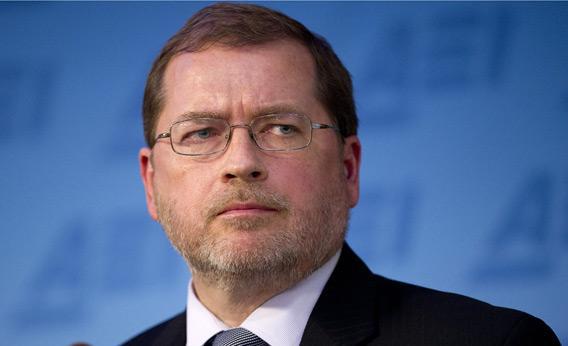Have Mitt Romney and his anti-tax Rasputin Grover Norquist finally met their match? For years Norquist has almost singlehandedly led our Congress down a destructive path. By persuading 279 members of Congress to take his no-tax pledge, Norquist has hamstrung every effort to address long-term national problems: the basic inequities in our tax code, the failure to invest sufficiently in the building blocks of our future, the entitlement crisis, and the deficit. The effort to restore Clinton-era tax rates to the wealthiest Americans—who have thrived over the past several years even as others have borne the brunt of the deep recession—foundered in part because of Norquist’s ability to hold the Republican leadership hostage to his no-tax pledge. That leadership includes Mitt Romney, who signed the pledge back in 2006.
But now, from an unlikely quarter—our most senior business leaders—comes opposition: No resolution of our fiscal crisis is possible without a compromise that raises revenues. A group of more than 80 senior executives at our largest companies, including Jamie Dimon and Lloyd Blankfein, have formed a group called Fix the Debt. David Cote, the CEO of Honeywell and a Republican, said “To say you can solve this without increases in taxes is ludicrous.”
Their acknowledgment that Norquist is dead wrong and that Romney’s detail-free plan to cut taxes and eliminate the deficit defies the laws of common sense amount to a game changer. It is not just the intellectual firepower of the executives that makes this a big deal. The political potency of mainstream corporate leaders—many of them Romney’s own guys—saying that the Republican ideas just won’t work shakes the very foundation of the Romney-Norquist worldview.
Unfortunately for instant-gratification types who think this should be enough to sway voters—it just isn’t. The general public will not care. But after Nov. 6, when decisions will actually have to be made, a sane recognition that revenues must be part of the solution could bring some sense back into the politics of Washington.
